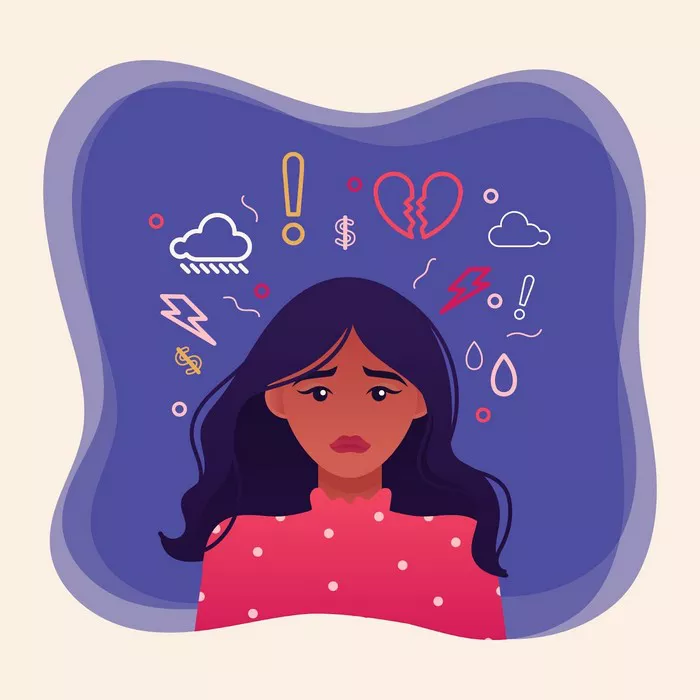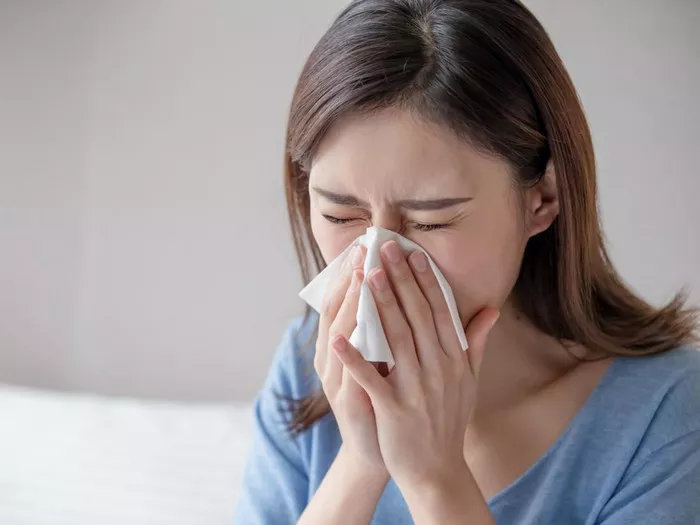According to the World Health Organization (WHO), one in eight individuals globally is currently grappling with mental health issues. In Thailand, however, only a fraction of these individuals are receiving the necessary assistance, as revealed by Dr. Varoth Chotpitayasunondh, spokesman for the Mental Health Department.
Factors contributing to the limited access to mental health care in Thailand include individuals choosing not to seek help, fearing potential stigma, negative reactions from family and society, and difficulties in accessing services. Dr. Varoth highlighted the pressing issue of insufficient mental health experts, with Thailand having only 1.28 psychiatrists per 100,000 people, a stark contrast to the global average of 13 per 100,000.
The surge in demand for mental health services in the past decade has exacerbated the shortage of psychiatrists. A changing societal attitude, influenced by celebrities openly discussing mental health, has led more individuals to seek help. The number of Thais receiving psychiatric treatment increased from 1.3 million in 2015 to 2.4 million in 2022. However, this is still a fraction of the estimated 8.75 million people struggling with mental health issues in Thailand’s population of approximately 67 million.
Aj, a 51-year-old who battled depression, shared his journey of realizing the need for professional help. The shortage of psychiatrists and limited access to mental health services pose significant challenges for individuals like Aj, who, after seeking assistance, found relief through a combination of medication and meditation therapy.
Addressing the call for improved mental health care, a group of depression sufferers and advocates submitted a petition to Public Health Minister Dr. Cholnan Srikaew, urging the government to add four more antipsychotics and antidepressants to the national drug list for free distribution. The petitioners argue that these medications are superior and have the backing of mental health associations in Thailand.
However, concerns about budget constraints in mental health care persist. The Mental Health Department’s requested budget for fiscal year 2024 was 4.3 billion baht, but it was allocated only 2.99 billion baht, representing just 1.8% of the Public Health Ministry’s total budget. Move Forward Party MP Sirilapas Kongtrakarn highlighted the need for increased funding, emphasizing the government’s focus on mental disorders in drug addicts over those affecting the broader population.
Budget limitations also impact the 1323 Mental Health Hotline, which can now handle up to 520,000 calls a year following a budget increase. The hotline receives numerous calls from individuals seeking help with stress, anxiety, depression, and suicidal thoughts. Dr. Pongkasem Khaimook, director-general of the Mental Health Department, stressed the importance of preventative measures, with funds aimed at promoting good mental health to prevent the onset of mental disorders.
In light of these challenges, advocates and mental health professionals are urging a comprehensive approach, involving increased funding, improved access to medications, and a stronger emphasis on mental health promotion and prevention.
































